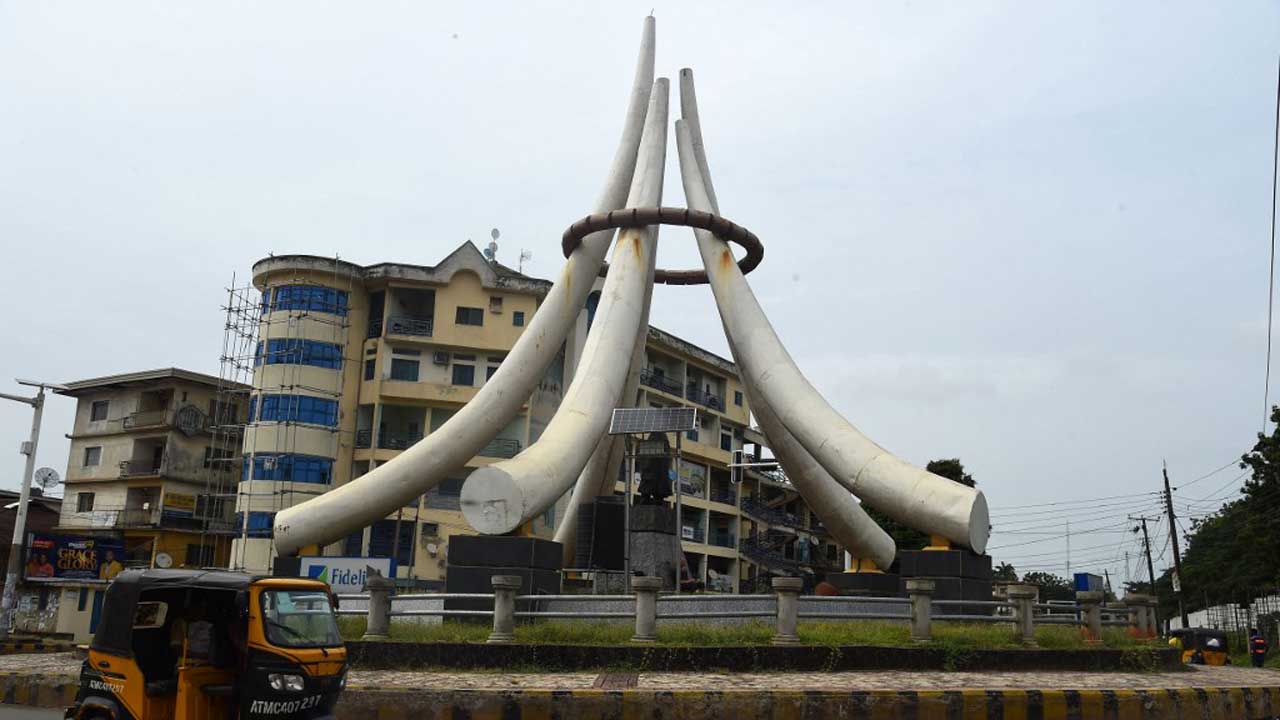
The first ever rural and urban integration in Africa is currently taken place in Anambra state as an entrepreneurial and technology hub replicating the Dubai and Singaporean tigers. This is an arcane truth of a flagship rural and urban mix, courtesy of Professor Charles Chukwuma Soludo’s government. It is process of infrastructure distribution, roads connectivity, intra-transportation networks and, public schools free education system, food and health securities across the demographic classes and entrepreneurial training of youths without rural and urban borders.
Rapidly, it’s being transformed into a border less sub-national without rural and urban demarcations as a prosperous homeland and hub if industrial and technological innovations in the South East , Nigeria and Africa.
A rural backward integration and urban renewal that maintains the natural and agrarian setting of the former and the mix of middle and the upper classes labour relations in the latter, the policies of road connectivity and social transformation are the engines of governance in Anambra state today.
The process in this integrationist policy is revolving around the existing urban structure relations with about 70 per cent of the prosperous homeland largely urbanised with four major cities and one of them, Onitsha, housing the largest industrial and commercial hub and, largest market in West Africa. It takes the government’s road network, technology, innovation, infrastructure revolution to expand and stretch out the perimeter of.
This commercial hub in Africa to the rural and agrarian hinterland for the purpose of renewing, transforming and reinvigorating rural agri-economy and urban manufacturing value chains. With the vision of a prosperous homeland and the policy of rural and urban integration, the government is having hundreds of kilometers of roads completed with multiple flyover projects.
The even spread of infrastructures across rural and urban boundaries is not only for social and cultural connectivity within the state but also for the economic activities that drive growth and development.
As food security is one of the immediate beneficiaries of this rural and urban mix, the government has tapped into the potential of a resilient people so enviably blessed with fertile, arable land mass and clement weather conditions with it’s new initiative to galvanise Anambra’s citizens into embracing agriculture on personal and family levels. From a vast rural agrarian homesteads to the modest backyards of urban dwellers, Governor Soludo envisions “a state where every available plot of land becomes a bastion of food security” in his integrationist policy.
The environmental question in Anambra state is an initiative of the government aimed at renewal of hospitality, agro-industrial prowess and entrepreneurial skills of Ndigbo irrespective of whether it is urban or rural concerns.
However, it is the initiative environmental sustainability that has given birth to multiple flyovers, modern bus terminals, federal roads, and the construction of township stadiums at Ekwulobia, Awka and Onitsha as well as zeroing the gaps in infrastructure deficit between the urban and rural landscapes for the livelihood of both the residents and visitors.
The state projects of Urban Regeneration Council and Community-driven initiatives are aimed at rural and urban integration through the mitigation of erosion and urban green renewal for a cleaner, greener and prosperous homeland of Anambra state. This includes the rehabilitation and construction of roads, the upgrading of public facilities, and efforts to enhance the overall urban and rural landscape.
To bridge the gaps in the economy, Professor Charles Chukwuma Soludo, CFR, the Governor of Anambra state has instituted free education from primary school to senior secondary education, constructed new class room blocks and reconstructed old ones to meet the standards required by the sustainable development goals.
In addition, technical schools and youths skill acquisition centers have been established to raise the entrepreneurial and manpower industrial needs for the millennials who suffer from unemployment and underemployment. This is also targeted at revitalising the lopsided economy hitherto structured against the rural populace for a full swing of backward integration from the urban to the rural communities.
The giant strides of the government in wholistic development and backward integration has, however, put Anambra today among the top six largest economy among the thirty-six states of the federation and one of the best in terms of poverty alleviation in Nigeria.
Prof. Dukor is the President/Editor-in-Chief of Essence Library- Cuktural and Scientific Development Centre), Department of Philosophy, Nnamdi Azikiwe University,Awka.






